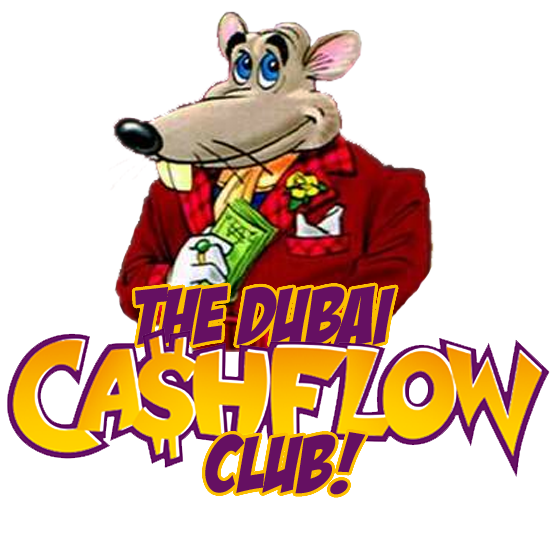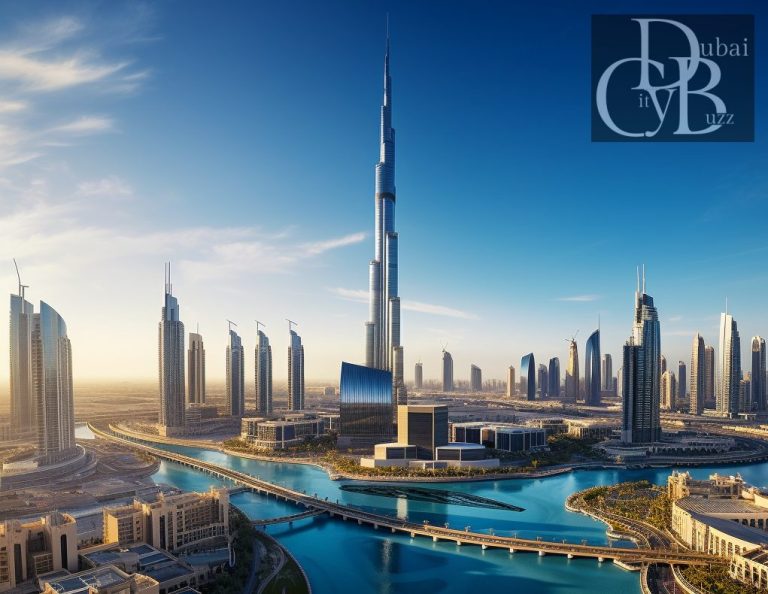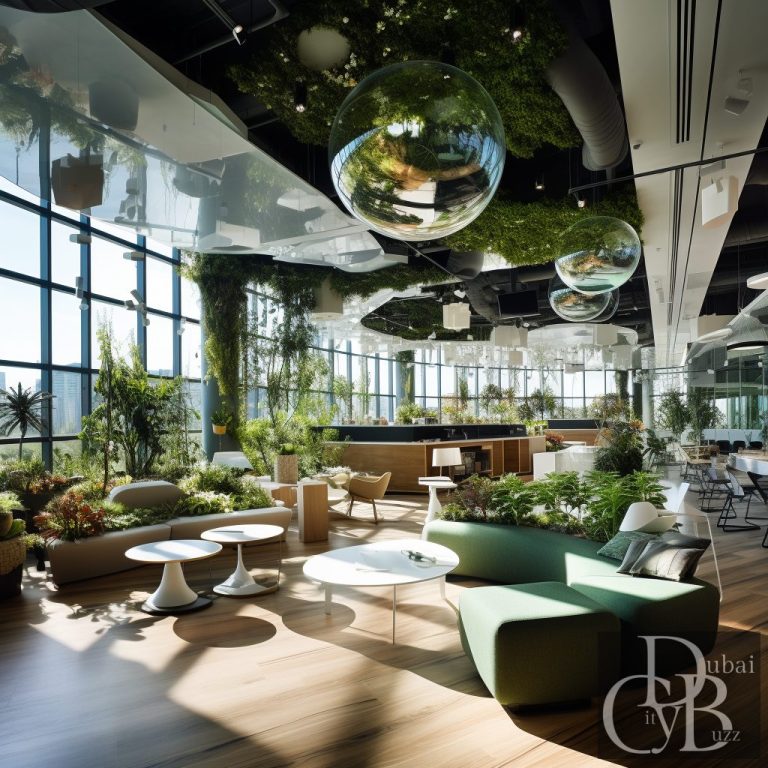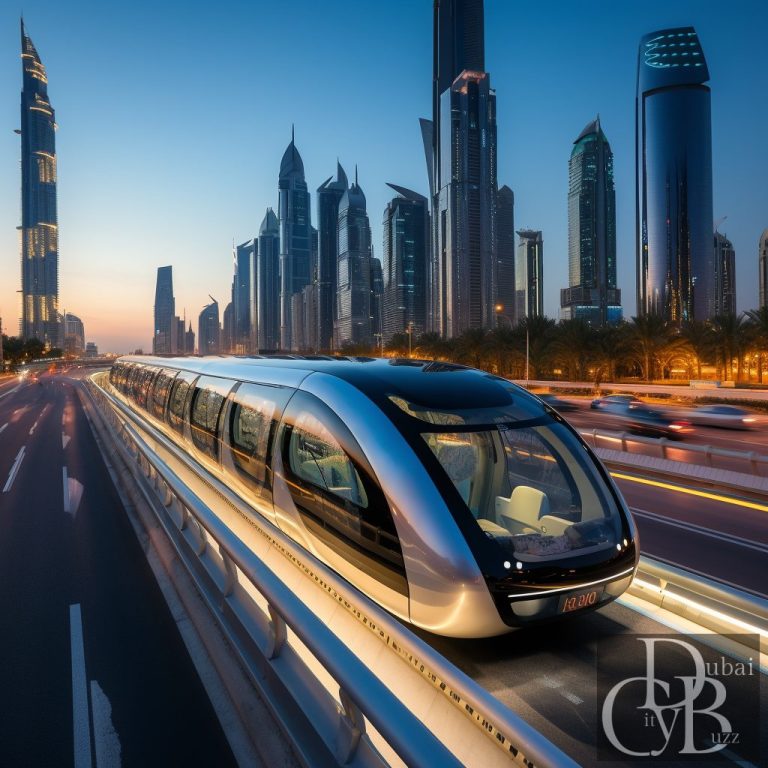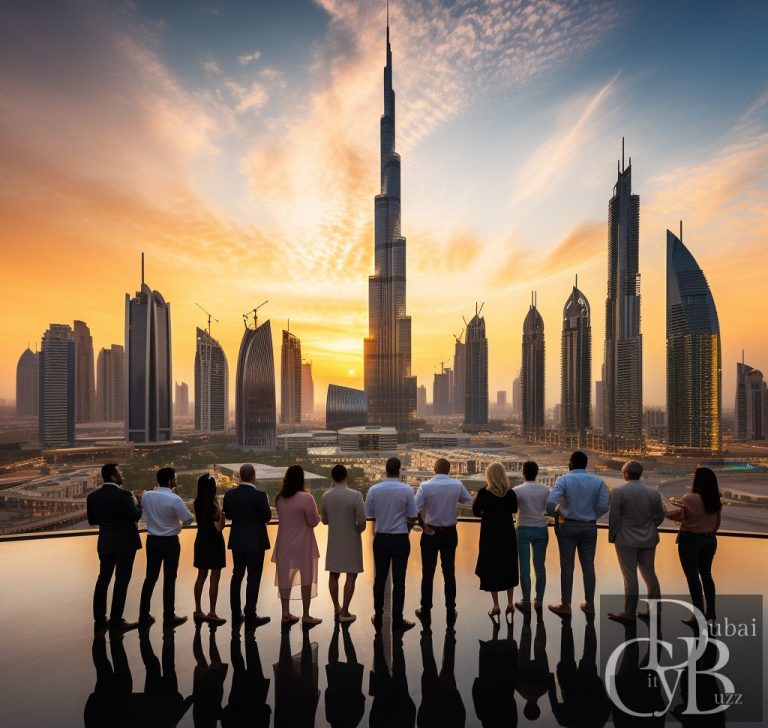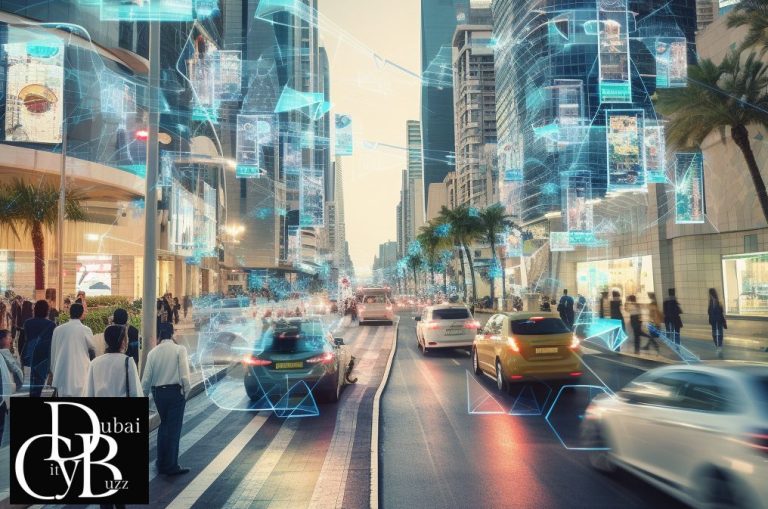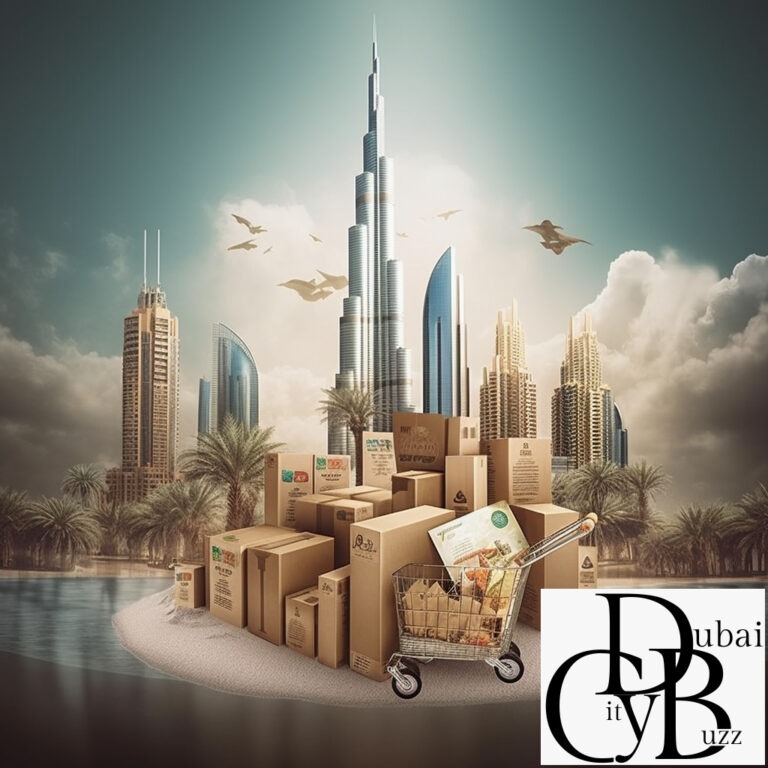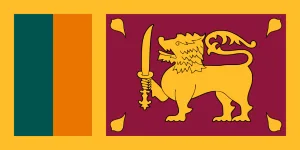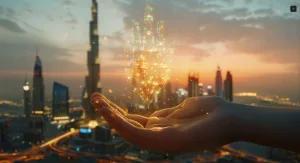In recent years, the global conversation around sustainability has gained significant momentum, and Dubai,...
Information
Dubai, renowned for its futuristic skyscrapers, luxurious lifestyle, and booming economy, is also home...
Dubai, a city synonymous with opulence and modernity, has become a global hub for...
Dubai, a city known for its towering skyscrapers, luxurious lifestyle, and thriving business environment,...
Dubai, the glittering jewel of the United Arab Emirates, is no stranger to ambitious...
Dubai, the glimmering gem of the United Arab Emirates, has long captivated both investors...
Dubai, the gleaming gem of the United Arab Emirates, has earned a reputation for...
Dubai, the gleaming metropolis in the United Arab Emirates, is not only renowned for...
Dubai, the epitome of innovation and technological progress, has emerged as a global leader...
To start an e-commerce business in Dubai, you will need to obtain a trade...

